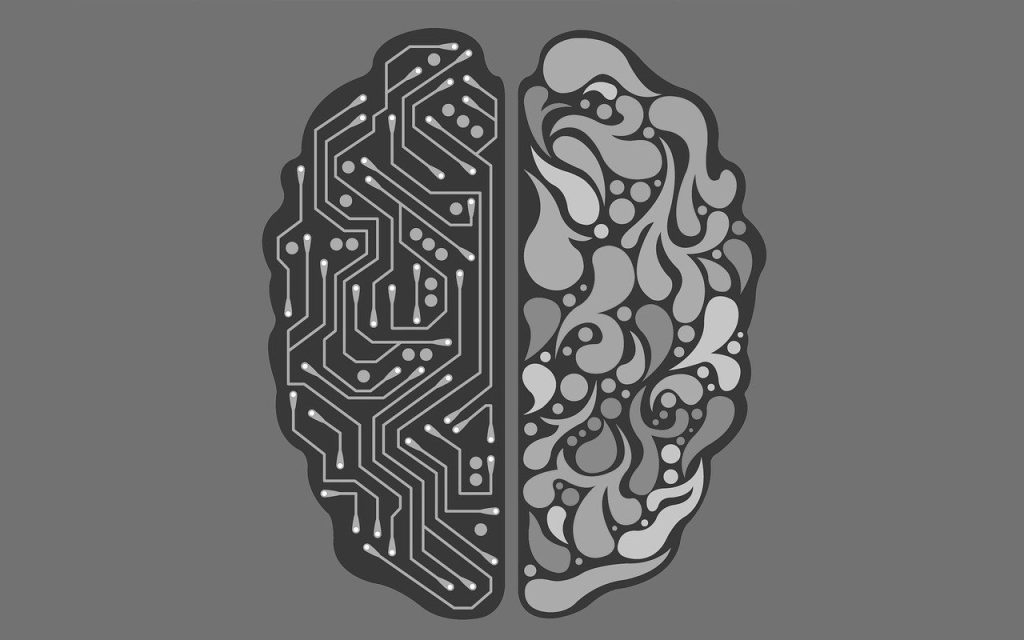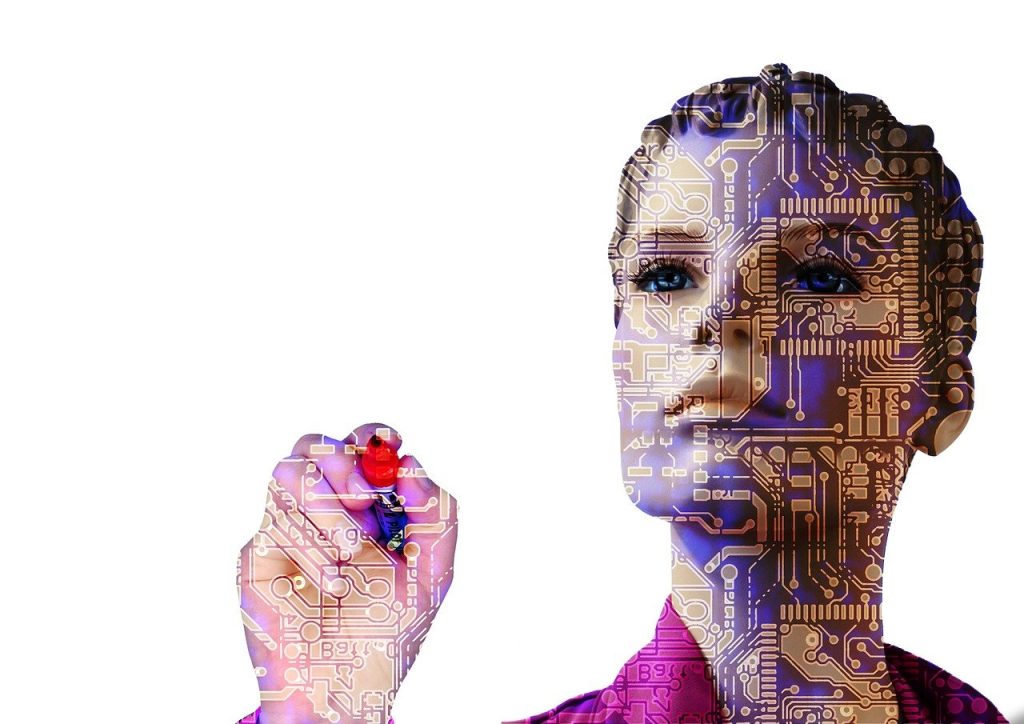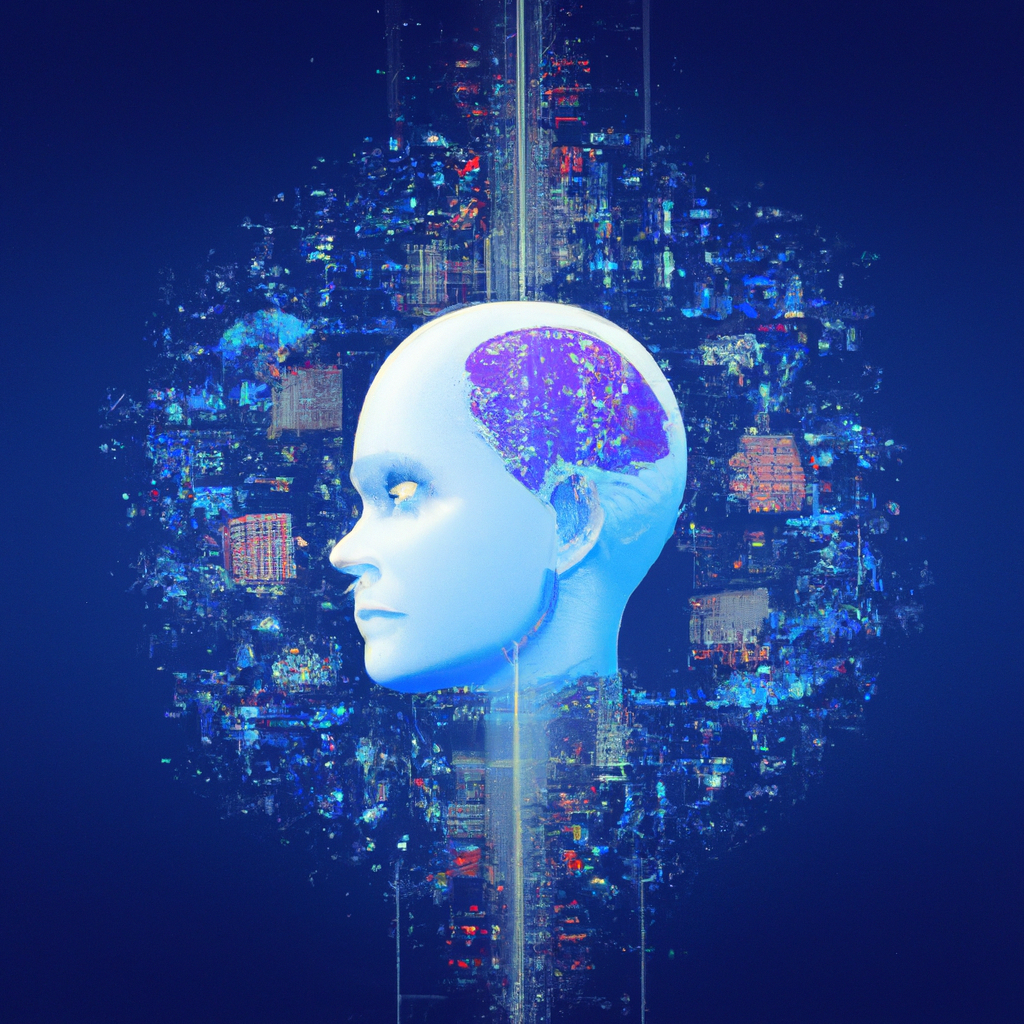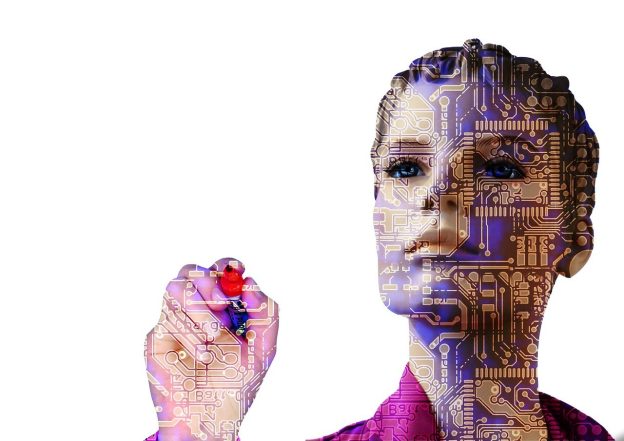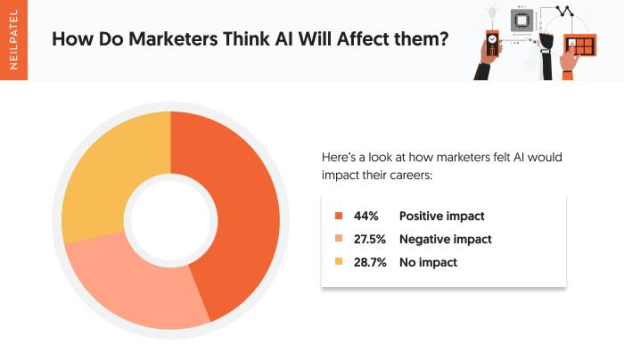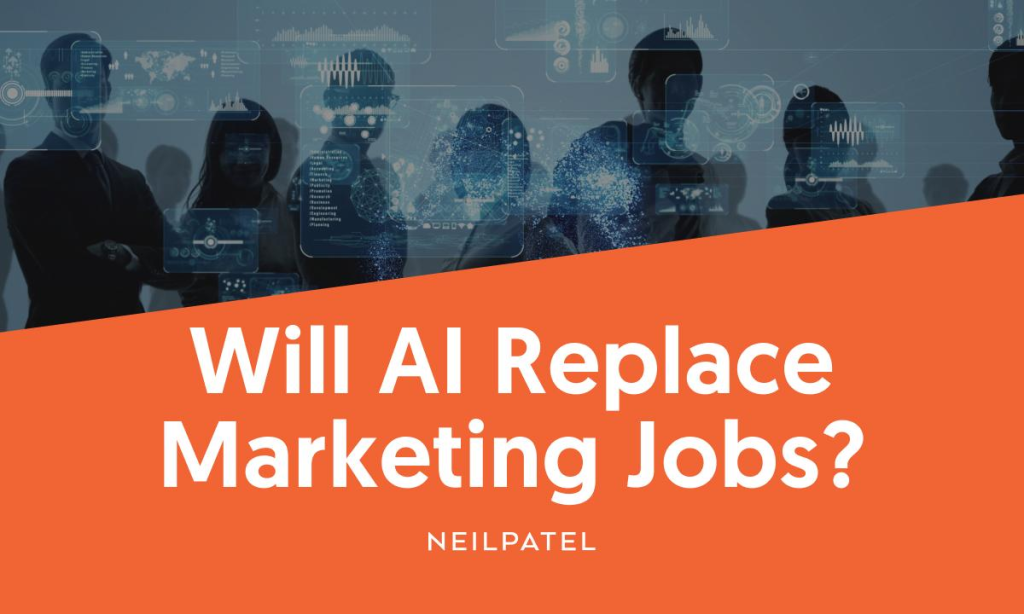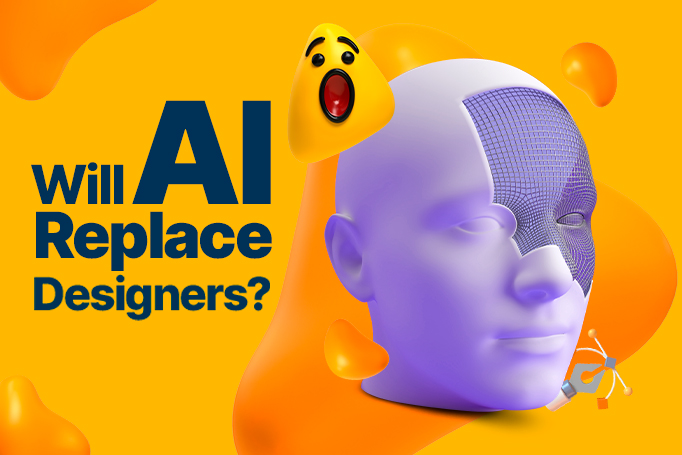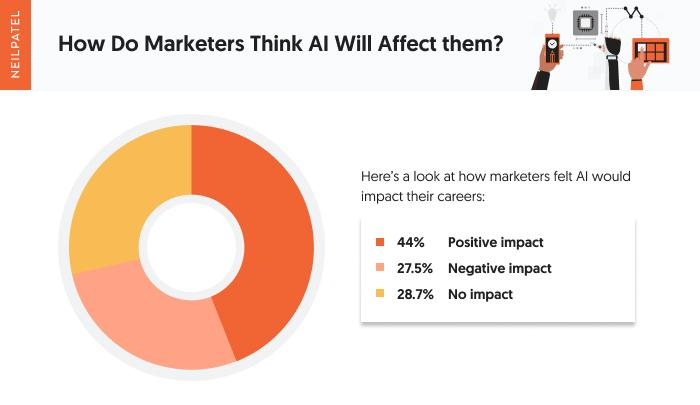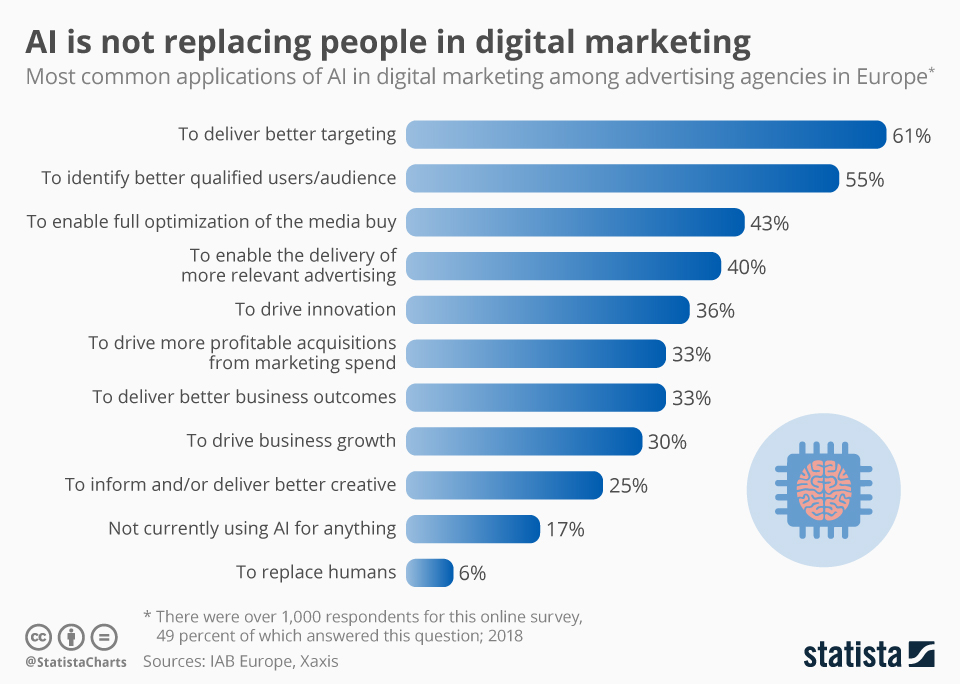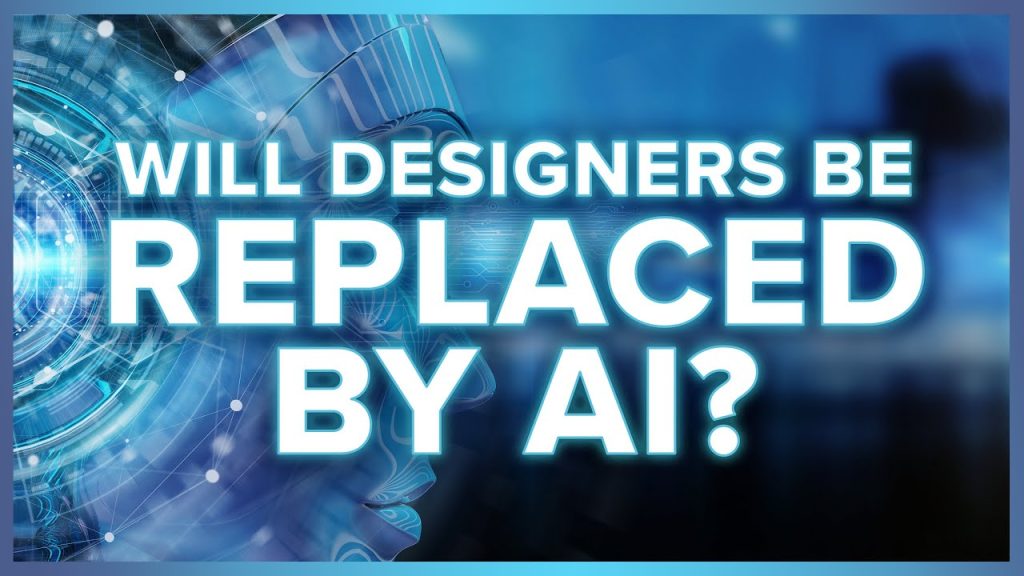Imagine a world where brands are no longer created by creative geniuses, but by intelligent algorithms. That’s the potential future we may be heading towards, as artificial intelligence (AI) continues to advance at an unprecedented pace. With its ability to analyze massive amounts of data and predict consumer preferences, AI has the potential to revolutionize the field of branding. But will this mean the end of human creativity and innovation in the corporate world? Will AI replace branding as we know it? In this article, we will explore the exciting possibilities and potential challenges of AI taking over the future of branding and its impact on businesses and consumers.

The Role of AI in Branding
In today’s digital age, the role of artificial intelligence (AI) in various industries is becoming increasingly prominent. One such industry that is embracing the power of AI is branding. AI technology is reshaping how companies approach brand strategy, brand identity, and brand communication. By leveraging AI-driven techniques and tools, brands can enhance efficiency, better personalize their offerings, gain valuable insights from data analytics, and even save costs. However, as with any transformative technology, there are also challenges that need to be addressed, such as ensuring ethical AI usage, maintaining a human touch, and addressing integration issues. In this article, we will explore the role of AI in branding, its benefits, challenges, techniques, tools, and the future of AI-driven branding.
Understanding AI
AI refers to the simulation of human intelligence in machines that are programmed to think and learn like humans. It encompasses various technologies such as machine learning, natural language processing (NLP), computer vision, and cognitive computing systems. These technologies enable machines to analyze vast amounts of data, recognize patterns, make predictions, and even interact with humans through natural language interfaces. AI has the potential to transform multiple industries, and branding is no exception.
AI in Brand Strategy
One of the ways AI is revolutionizing branding is by transforming the way companies approach brand strategy. Traditionally, brand strategy relied heavily on human analysis and intuition. However, with AI-powered data analytics and machine learning algorithms, companies can gain deeper insights into consumer behavior, market trends, and competitor strategies. AI can analyze large data sets much faster and more efficiently than humans, enabling brands to make data-driven decisions and develop effective strategies that align with consumer preferences and market demands.
AI in Brand Identity
Brand identity is the essence of a brand – it’s what sets a company apart from its competitors. From logos and visual elements to brand voice and values, AI can play a significant role in shaping and evolving brand identity. AI-powered image and video recognition systems can efficiently analyze visual content to identify patterns, colors, and styles that resonate with consumers. This data can help brands create visually appealing and consistent assets that reinforce their identity across various channels. Additionally, AI can analyze customer feedback and sentiment analysis to refine and enhance brand messaging to connect with target audiences more effectively.
AI in Brand Communication
Effective communication is vital for building strong relationships between brands and their customers. AI can assist with brand communication by enabling automated content creation, chatbots, virtual assistants, and predictive analysis. AI-powered content creation tools can generate personalized content at scale, ensuring consistent messaging across different platforms. Chatbots and virtual assistants can interact with customers in real-time, providing instant responses to queries and streamlining the customer service experience. AI-driven predictive analysis and recommendation engines can help brands identify customer preferences and anticipate their needs, offering personalized recommendations that enhance the overall brand experience.
Benefits of AI in Branding
As AI technology continues to advance, its impact on branding becomes increasingly apparent. Here are some of the key benefits that AI brings to branding:
Improved Efficiency and Productivity
AI automates time-consuming tasks, enabling brands to streamline their workflows and increase productivity. Tasks such as data analysis, content creation, and customer segmentation can be efficiently handled by AI algorithms, freeing up human resources to focus on strategic initiatives and creative endeavors. By reducing manual labor and improving efficiency, brands can achieve more in less time.
Enhanced Personalization
Personalization has become a key differentiator in today’s competitive market. AI enables brands to collect and analyze vast amounts of customer data, allowing for personalized recommendations, customized marketing campaigns, and tailored customer experiences. By understanding individual preferences and behaviors, brands can create targeted communications that resonate with customers, leading to higher engagement, loyalty, and ultimately, conversions.
Better Data Analytics and Insights
Data is the lifeblood of any successful branding strategy, and AI can help brands extract valuable insights from the vast amount of available data. AI-powered algorithms can analyze data sets much faster than humans, identifying patterns, trends, and correlations that are often missed by manual methods. These insights can provide brands with a deeper understanding of consumer behavior, market trends, and competitive landscapes, enabling them to make data-driven decisions and develop more effective strategies.
Cost Savings
Implementing AI-powered solutions can lead to significant cost savings for brands. AI can automate repetitive and time-consuming tasks, reducing the need for manual labor. By streamlining processes and enhancing efficiency, brands can operate more effectively while reducing operational costs. Additionally, AI-driven predictive analysis can help brands optimize their marketing spend by identifying the most effective channels, targeting strategies, and messaging for maximum return on investment.
Challenges of AI in Branding
While the benefits of AI in branding are undeniable, there are also challenges that need to be addressed for successful implementation. Here are some of the key challenges:
Ensuring Ethical AI Usage
With great power comes great responsibility. As AI becomes more sophisticated, there is a need to establish ethical frameworks and guidelines to ensure responsible AI usage in branding. Brands must take into consideration issues such as data privacy, transparency, and potential biases in AI algorithms. Ethical AI usage involves maintaining fairness and accountability to ensure that AI-driven branding initiatives align with societal values and do not discriminate against certain groups of people.
Maintaining Human Touch and Creativity
While AI can automate many aspects of branding, it is crucial to maintain a human touch and creative input. Brands should strike a balance between AI automation and human ingenuity to ensure that the brand experience remains authentic and resonates with customers. Human creativity is still essential in developing unique brand strategies, crafting compelling storytelling, and building emotional connections.
Balancing Automation and Human Interaction
As brands embrace AI-driven automation, it is important to strike a balance between automated interactions and human interaction. While chatbots and virtual assistants can handle routine customer queries, there are situations that require a human touch and empathy. Brands should carefully design their AI-powered systems to seamlessly transition between automated responses and human assistance when necessary, ensuring a positive customer experience throughout the brand journey.
Integration and Compatibility Issues
Implementing AI-powered branding initiatives often requires integrating AI technologies with existing systems and platforms. Compatibility issues can arise when trying to connect AI tools with legacy systems or when different AI technologies need to work together. Brands must invest in the necessary infrastructure and conduct thorough testing to ensure smooth integration and avoid disruptions in brand operations.
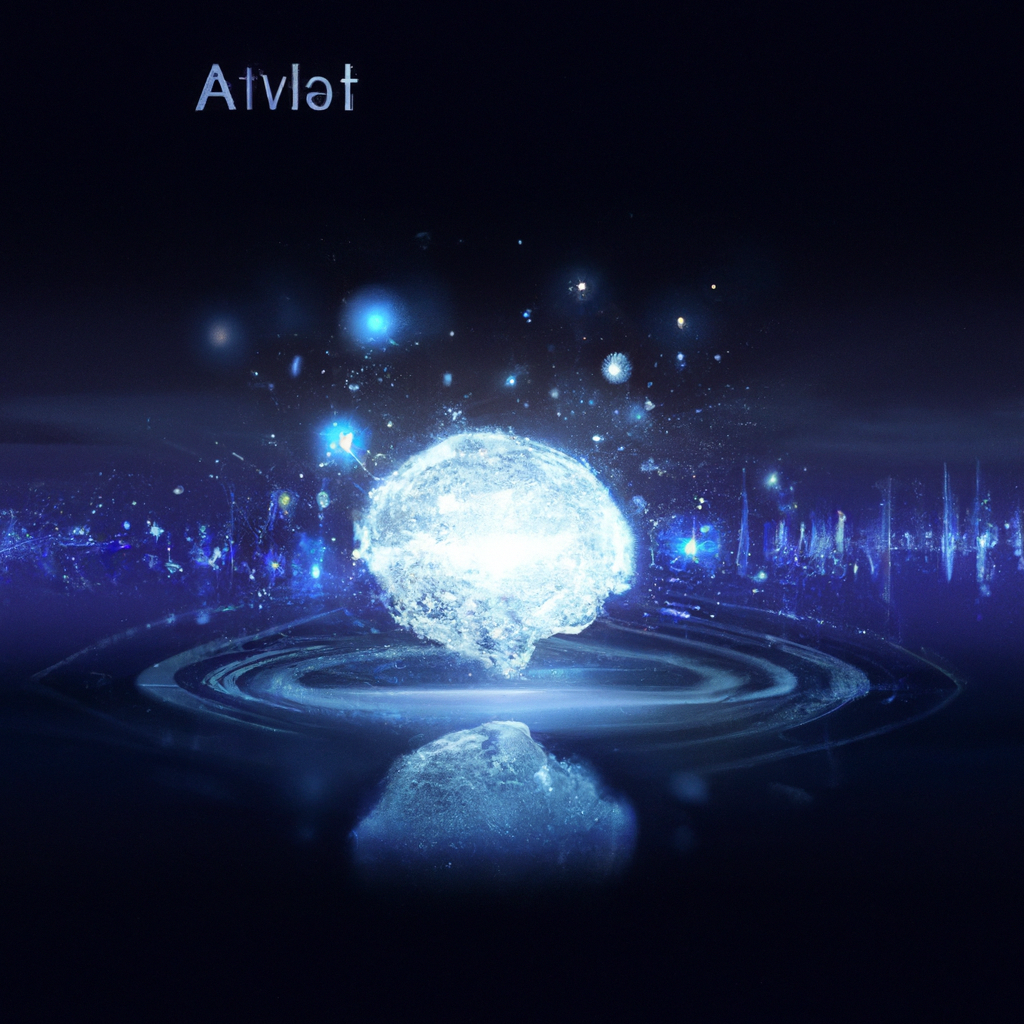
AI-driven Branding Techniques
AI technology opens up a vast array of possibilities for brands to enhance their branding initiatives. Here are some AI-driven techniques that brands can explore:
Automated Content Creation
AI-powered content creation tools can generate personalized and engaging content at scale. By analyzing data on customer preferences, brands can automate the creation of blog posts, social media content, and even video scripts. This not only saves time and resources but also ensures consistency in brand messaging across various channels.
Chatbots and Virtual Assistants
Chatbots and virtual assistants powered by AI can handle routine customer queries, provide instant support, and even initiate personalized conversations. These AI-driven conversational interfaces can be integrated into websites, messaging platforms, or mobile apps, offering customers round-the-clock assistance and improving overall customer satisfaction.
Predictive Analysis and Recommendation Engines
AI can analyze large amounts of customer data to identify patterns, preferences, and purchase behaviors. By leveraging predictive analysis and recommendation engines, brands can offer personalized recommendations and targeted marketing campaigns that resonate with individual customers. This enhances the customer experience, boosts engagement, and increases conversion rates.
Automated Customer Segmentation
With AI-powered customer segmentation, brands can effectively identify different customer segments based on their demographics, behavior, and preferences. This enables brands to craft tailored marketing strategies for each segment, delivering more relevant messaging and content to drive customer engagement and loyalty.
AI-powered Branding Tools and Platforms
To leverage the power of AI in branding, brands can utilize various AI-driven tools and platforms. Here are some key examples:
Cognitive Computing Systems
Cognitive computing systems leverage AI technologies to simulate human thinking processes. These systems can understand, reason, and learn from vast amounts of data, enabling brands to gain valuable insights and make data-driven decisions. Examples of cognitive computing systems include IBM Watson and Google Cloud AI.
Machine Learning Algorithms
Machine learning algorithms enable AI systems to automatically learn from data and improve performance over time without being explicitly programmed. These algorithms can analyze complex patterns, deliver personalized recommendations, and optimize processes. Popular machine learning frameworks include TensorFlow, PyTorch, and scikit-learn.
Natural Language Processing (NLP)
NLP allows AI systems to understand and interact with humans using natural language. It encompasses tasks such as sentiment analysis, language translation, and speech recognition. NLP applications can help brands develop chatbots, virtual assistants, and automated content creation tools that effectively communicate with customers.
Image and Video Recognition Systems
AI-powered image and video recognition systems can analyze visuals to identify objects, patterns, and even emotions. These systems can be used to analyze brand logos, recognize brand colors, or extract insights from images and videos shared by customers on social media. Examples include Google Cloud Vision AI and Amazon Rekognition.
The Future of AI in Branding
As AI technology continues to evolve, its impact on branding will only grow stronger. Here are some future trends to watch out for:
Enhanced Customer Experiences
AI-powered technologies such as chatbots, virtual reality, and augmented reality have the potential to revolutionize customer experiences. Brands can leverage these technologies to create immersive and interactive experiences that engage customers on a whole new level.
Hyper-personalization
AI enables brands to personalize customer experiences at an unprecedented level. In the future, brands will be able to deliver hyper-personalized recommendations, promotions, and content in real-time, based on individual preferences, behavior, and context. This level of personalization will deepen customer loyalty and drive brand advocacy.
Real-time Data-driven Branding
Real-time data analytics powered by AI will allow brands to make informed decisions on the fly. Brands will be able to monitor customer sentiment, track campaign performance, and adjust branding strategies in real-time, ensuring that they stay agile and responsive in a dynamic market landscape.
Seamless Brand Consistency Across Channels
AI can help ensure brand consistency across multiple channels by analyzing data, identifying patterns, and delivering automated solutions. This will enable brands to deliver a consistent brand experience across various touchpoints, whether it’s a website, mobile app, social media platform, or physical store.
AI-Driven Disruption in Branding Industry
The rise of AI in branding is causing disruption in the industry, challenging traditional advertising agencies, redefining roles and skills, and shaping consumer expectations.
Transformation of Traditional Advertising Agencies
Traditional advertising agencies are facing the need to adapt to the changing landscape of AI-powered branding. Agencies that fail to embrace AI and invest in AI-powered tools risk falling behind their competitors. The traditional role of agencies may evolve to become more focused on creative strategy, storytelling, and interpreting AI-generated insights.
Redefining Roles and Skills in Branding
As AI becomes an integral part of branding, new roles and skills will emerge in the industry. Professionals who possess skills in AI technologies, data analytics, and algorithm interpretation will be in high demand. The industry will also require individuals who can bridge the gap between AI-driven insights and human creativity to craft compelling brand strategies and experiences.
Changing Consumer Expectations
The widespread adoption of AI in branding is shaping consumer expectations. Customers now expect brands to deliver personalized experiences, prompt responses to their queries, and seamless interactions across various channels. Brands that fail to meet these expectations may lose customers to more technologically advanced competitors.
The Importance of Human Involvement in AI-powered Branding
While AI technology offers numerous benefits in branding, human involvement remains crucial. Here are some reasons why human involvement is essential in AI-powered branding:
Creative Strategy and Emotional Connection
Human creativity is indispensable in developing a brand’s creative strategy and establishing emotional connections with customers. AI can assist in analyzing data and generating insights, but it is human intuition and creativity that drive the development of unique and compelling branding initiatives.
Ethical Decision-making and Oversight
AI algorithms are only as good as the data they are trained on. Human oversight is necessary to ensure that the data utilized is unbiased and aligned with ethical considerations. Brands must ensure that AI-driven initiatives adhere to ethical guidelines and are not discriminatory or manipulative in any way.
Interpreting and Applying AI-generated Insights
AI can generate vast amounts of data and insights, but human expertise is needed to interpret and apply these insights effectively. Human involvement is essential in transforming data-driven insights into actionable strategies, creative campaigns, and meaningful customer experiences.
Building and Maintaining Brand Authenticity
Brand authenticity is crucial for establishing trust and loyalty with consumers. Human involvement ensures that brands remain true to their values, maintain a genuine voice, and retain a human touch in their interactions. While AI can assist in branding, it is human involvement that keeps the brand authentic and relatable.
Preparing for AI-powered Branding
To successfully leverage AI in branding, brands need to adopt a proactive approach and prepare themselves for the AI-driven future. Here are some steps to consider:
Investing in AI Technologies
Brands should invest in AI technologies that are relevant to their specific branding objectives. This may include cognitive computing systems, machine learning algorithms, or NLP tools. By staying up to date with the latest AI advancements and investing in the right technologies, brands can gain a competitive edge.
Allocating Resources for AI Integration
Integrating AI into existing branding processes requires the allocation of resources, both financial and human. Brands should allocate budgets and manpower for AI integration, including hiring AI specialists, data scientists, and AI consultants. This ensures that the implementation of AI-powered branding initiatives is seamless and effective.
Upskilling Employees for AI Implementation
As AI becomes more prevalent in branding, brands should invest in training programs to upskill their employees. This includes providing training on AI technologies, data analytics, and interpretation of AI-generated insights. By equipping employees with the necessary skills, brands can unlock the full potential of AI in their branding strategies.
Establishing Ethical AI Guidelines
To ensure responsible AI usage, brands should establish ethical guidelines for AI implementation. These guidelines should address concerns such as data privacy, algorithm transparency, fairness, and bias mitigation. By adhering to ethical principles, brands can build trust with consumers and avoid potential backlash.
Conclusion
AI is revolutionizing the branding industry, offering numerous benefits such as improved efficiency, enhanced personalization, better data analytics, and cost savings. However, the challenges of ethical AI usage, maintaining a human touch, balancing automation and human interaction, and addressing integration issues need to be carefully addressed. By leveraging AI-driven branding techniques, tools, and platforms, brands can stay ahead of the competition and deliver seamless customer experiences. Human involvement remains crucial in AI-powered branding, from creative strategy and ethical decision-making to applying AI-generated insights and maintaining brand authenticity. By preparing for AI integration, investing in AI technologies, upskilling employees, and establishing ethical guidelines, brands can embrace the future of AI-powered branding and thrive in an increasingly digital world.
